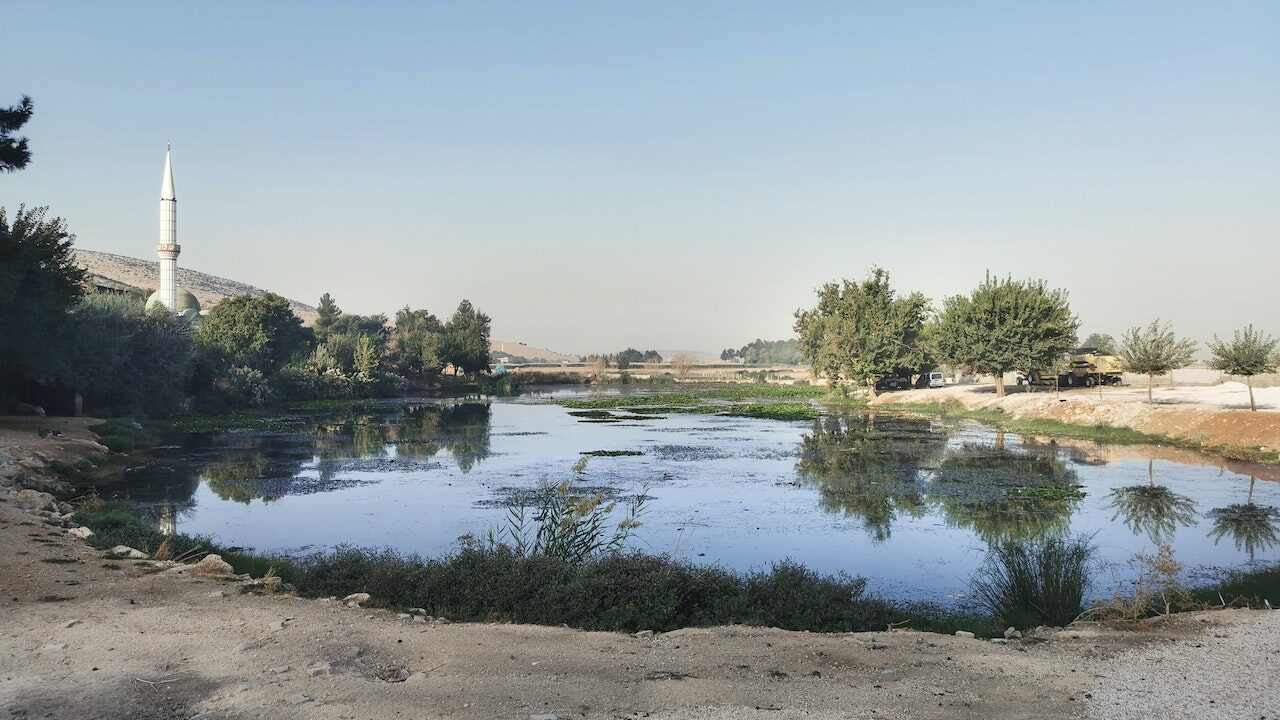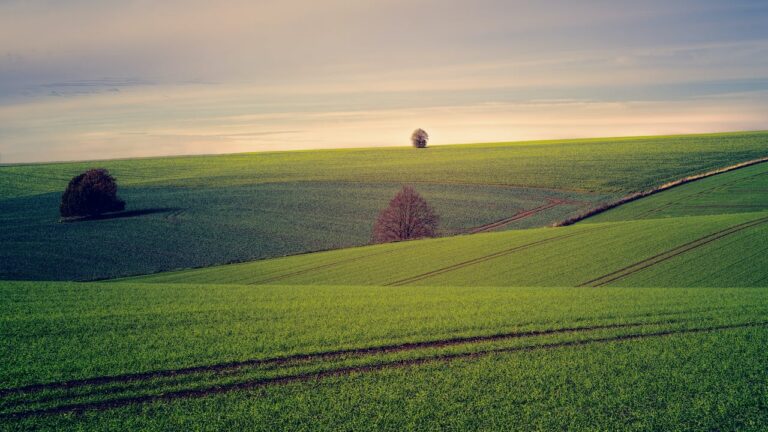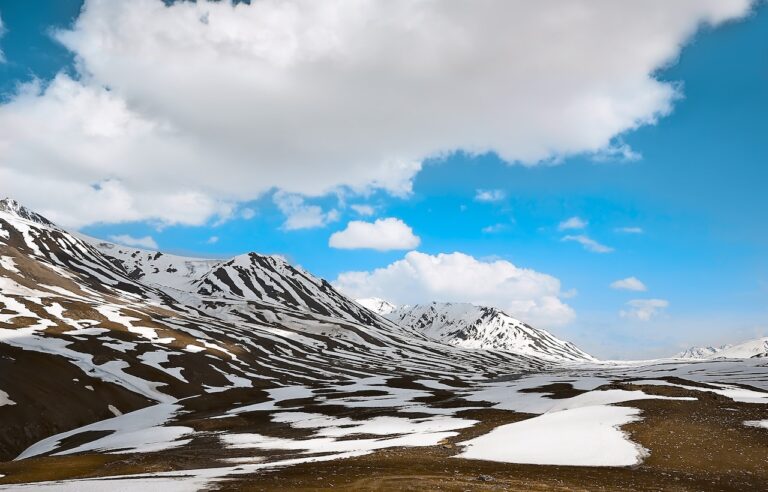Introduction
Despite being one of the most valuable resources on Earth, water is sometimes taken for granted. Water shortage is a problem that is getting more and more important in many places of the world. We can all do our share to conserve this essential resource by conserving water. We’ll talk about the value of water conservation in this guide, along with helpful advice for cutting back on water use at home.

Why Water Conservation Matters
Water is a limited resource that is necessary for life. Despite the fact that the Earth is mostly covered by water, just a small portion of it is freshwater fit for human use. The remaining portion is seawater, which we are unable to use without costly desalination procedures. Additionally, water shortage is being brought on by climate change in many parts of the world. We can guarantee that there is adequate water for everyone’s requirements by practicing water conservation.
Conserving water also lessens the influence we have on the environment. We need less energy to transport and purify water when we consume less of it. Reducing water use in places with limited water supplies can also assist stop future depletion of the region’s water resources. Additionally, conserving water might help you save money by lowering your water costs.

How to Conserve Water at Home
Water conservation at home doesn’t have to be challenging or inconvenient. Here are some useful suggestions for water conservation:
- Repair Leaks Water waste in houses is frequently caused by leaks. While a running toilet can waste up to 200 gallons of water each day, a leaking tap can waste up to 3,000 gallons of water annually. Make careful to look for leaks in your house and fix them.
- Putting in Low-Flow Fixtures Your water use may be greatly decreased with low-flow fixtures. Install low-flow faucets, toilets, and showerheads in your house. These fixtures perform better while using less water.
- Reduce the length of your showers: In most houses, showers are one of the top water consumers. Consider taking shorter showers and shutting the water off while you lather up. Up to 2.5 gallons of water can be saved per minute in this way.
- Use a Bucket to Catch Water: Use a bucket to collect the cold water while you wait for the shower to warm up. After that, you may flush your toilet or use this water to irrigate your plants.
- Useful Plant Watering Water your plants judiciously, please. To promote the development of deep roots, water them deeply but less regularly. To save water, think about utilizing a soaker hose or a drip watering system.
- Only Run Full Loads: Make sure you only run full loads when using your dishwasher or washing machine. This can aid in energy and water conservation.
- Installing a rain barrel is a good idea if you want to collect rainwater. After that, you may wash your car or use this water to hydrate your plants.
You may dramatically lower your water use at home by putting these easy strategies into practise.
Conclusion
In conclusion, conserving water is crucial for both the environment and our everyday life. It is a limited resource, and its depletion might have profound effects. However, we may considerably cut our water consumption and have a beneficial impact by making simple adjustments to our everyday activities. There are numerous easy yet efficient methods to save water at home, from patching leaks and setting up low-flow faucets to collecting rainwater and only running full loads. By conserving water, we can lessen our influence on the environment, guarantee that there is enough water to satisfy everyone’s requirements, and lower our water costs. Let’s all do our part and pledge to save water right now.



